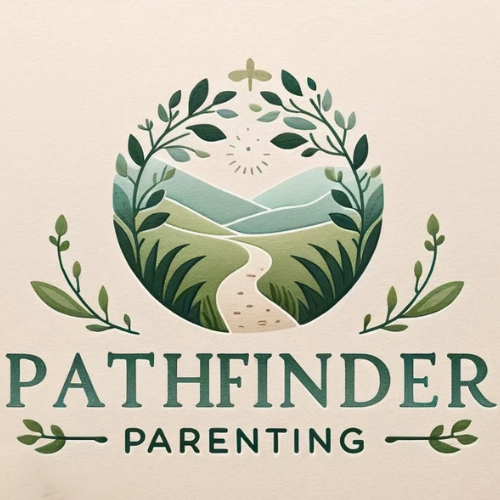Parenthood is a journey, and every journey benefits from a compass. For those of us aligned with a mindful and comprehensive approach to raising our children, that compass might be Holistic Parenting. The holistic parenting approach focuses on fostering the physical, emotional, and spiritual well-being of our children, nurturing them to become well-rounded, balanced, and conscious individuals in their own right. So, let’s dive in and explore a checklist for holistic parenting which can provide a guiding light in our exciting journey.
The first step towards holistic parenting is the cultivation of a holistic mindset. This saying by Dr. Haim Ginott bears a profound truth: “Children are like wet cement. Whatever falls on them leaves an impression.” Embracing this mindset means embracing the understanding of our direct influence on our children’s development. Our actions, words, and choices carve deep grooves into their psyche. So how do we become more aware and intentional parents? Through continuous learning, self-reflection, and practical mindfulness exercises.
Next on the checklist is the nurturing of a healthy body. Beautifully encapsulated by Robert Urich’s words, “A healthy outside starts from the inside,” holistic parenting includes proper nutrition, encouraging an active lifestyle, and limiting exposure to toxins. As holistic parents, our aim is sustainability. We strive to make choices that are beneficial to our children’s growth and overall health. By incorporating wholesome foods into their diet, engaging in fun and productive physical activities together, and championing a toxin-free environment, we cultivate the bedrock of a physically resilient child.
Spirituality is an area often neglected in mainstream parenting approaches, but it holds a central position in holistic parenting. A balanced spirit is the foundation stone for emotional well-being and resilience. Helping children find their spiritual path is all about mindfulness, gratitude, and a strong connection with nature. And as Marianne Williamson rightly said, “The spiritual path is simply the journey of living our lives. Everyone is on a spiritual path; most people just don’t know it.” Introduce mindfulness exercises, embed gratitude rituals into your family culture, and encourage a sincere appreciation of nature. This way, you foster compassionate, self-aware children.
The environment a child grows up in plays a definitive role in determining their character and behaviour. From these surroundings, they absorb countless stimuli that influence their mental and emotional development. Being a holistic parent involves making an effort to create a harmonious living space that promotes peace, creativity, and natural living. Organizing clutter-free spaces, incorporating natural elements around them, and establishing routines that provide stability and security can facilitate this growth.
Lastly but most importantly, the cultivation of emotional intelligence is paramount in holistic parenting. As David Caruso cleverly expressed, “It is very important to understand that emotional intelligence is not the opposite of intelligence, it is not the triumph of heart over head — it is the unique intersection of both.” Equipping children with an understanding of their emotions is as important as helping them navigate academic pursuits. To foster this, we as parents need to practise active listening, validate their emotions, and teach healthy ways of expressing and regulating feelings.
In summary, holistic parenting is a mindful, comprehensive, and balanced approach to raising children, one that fosters their overall well-being and personal growth. The journey might not always be smooth sailing, but with guidance from this holistic parenting checklist, navigating becomes a whole lot easier.
